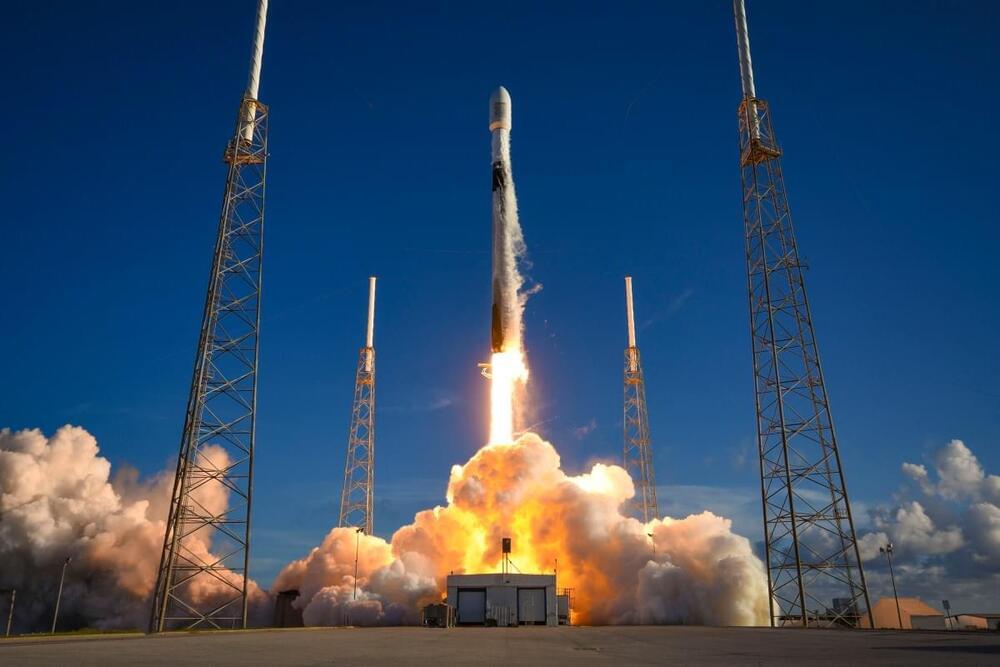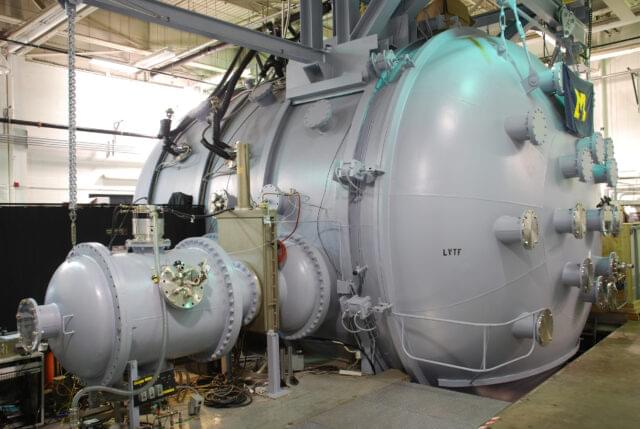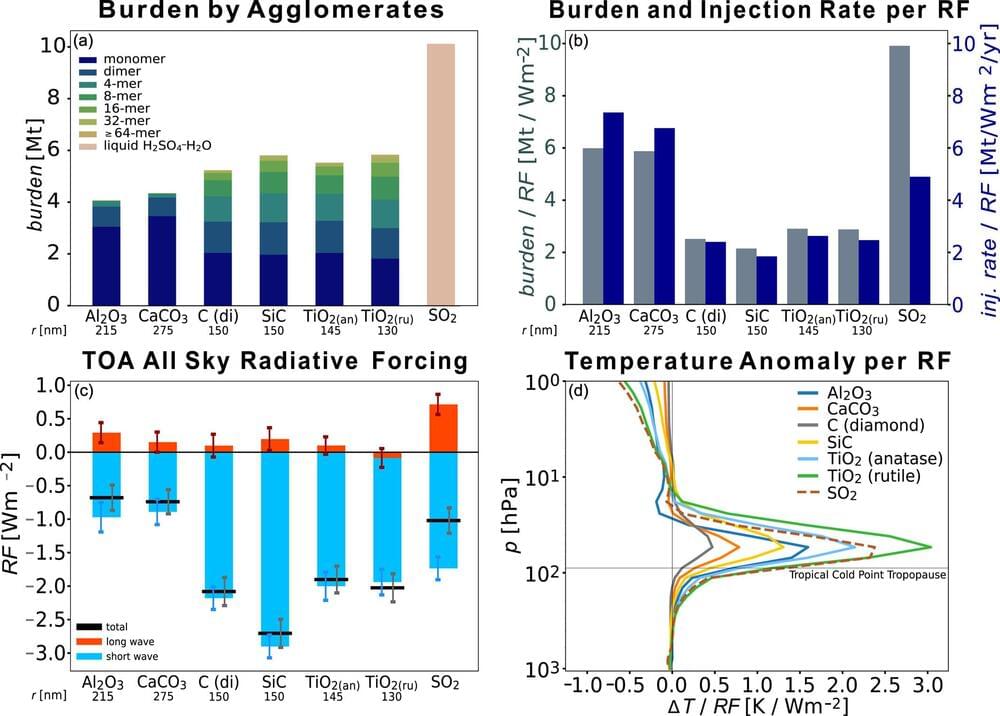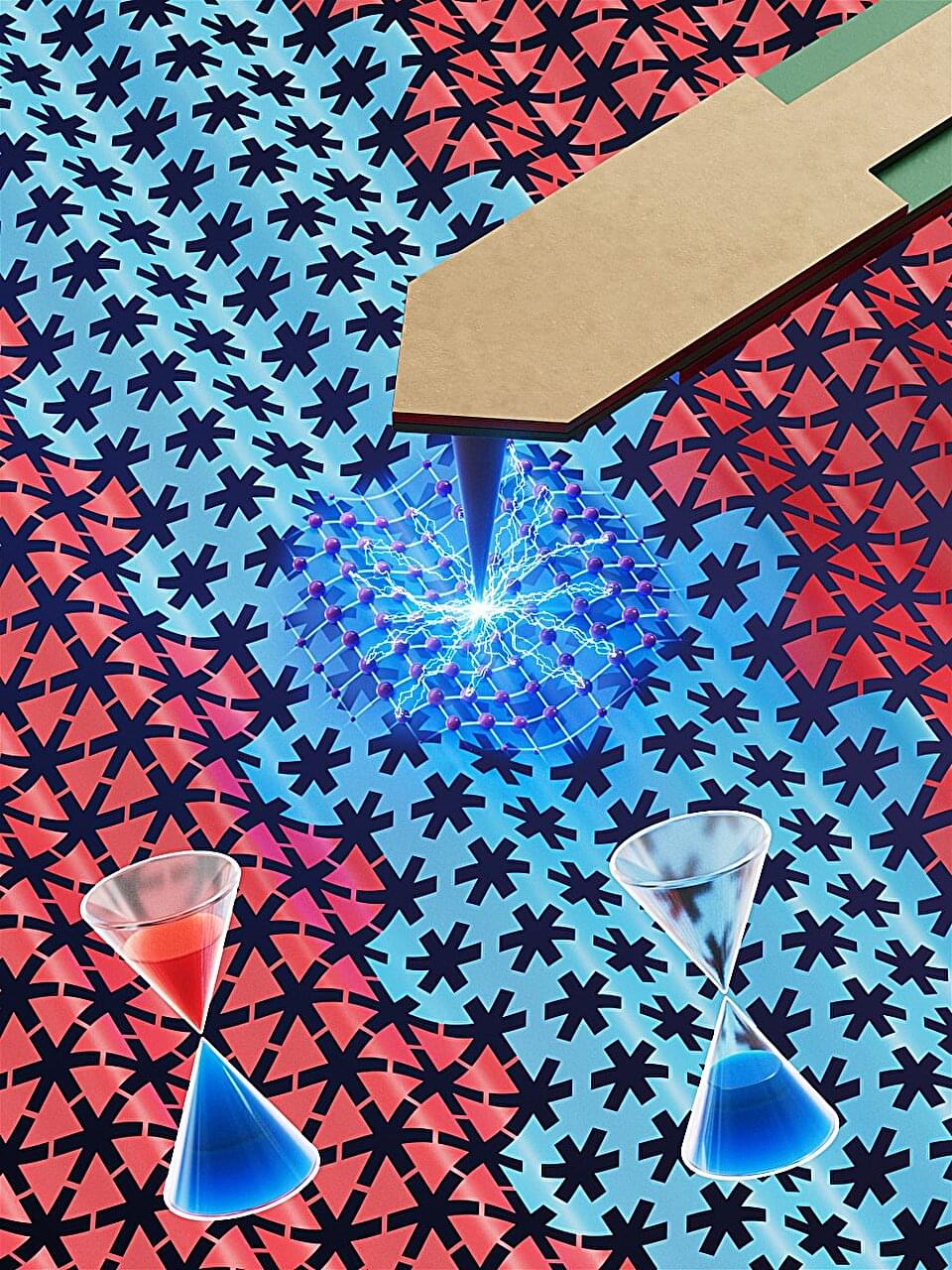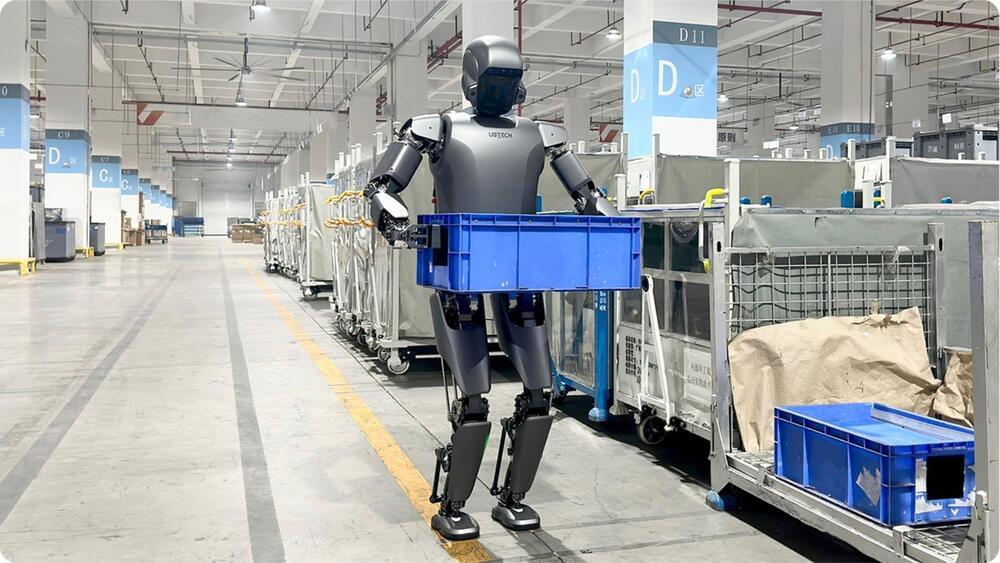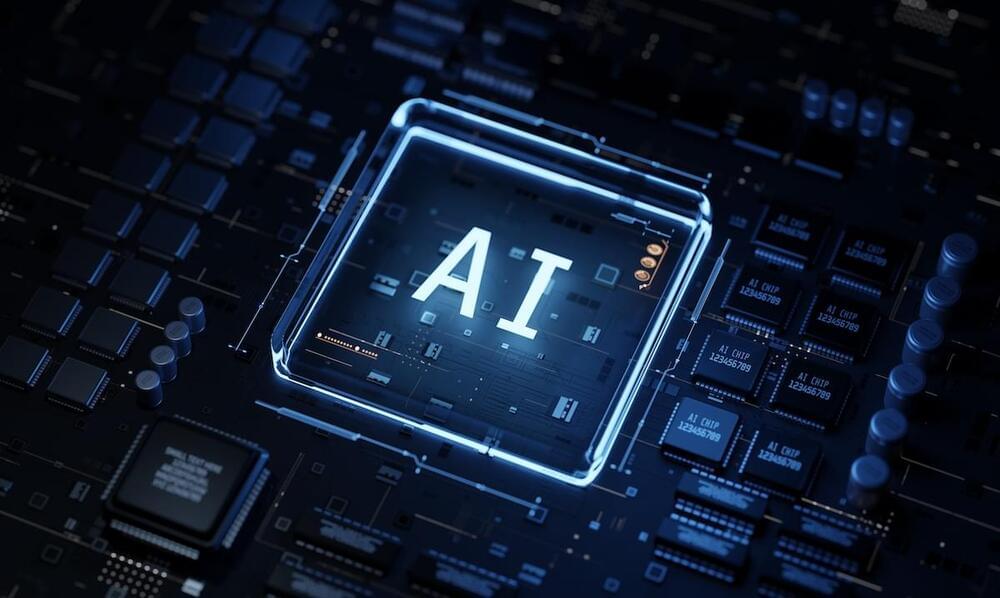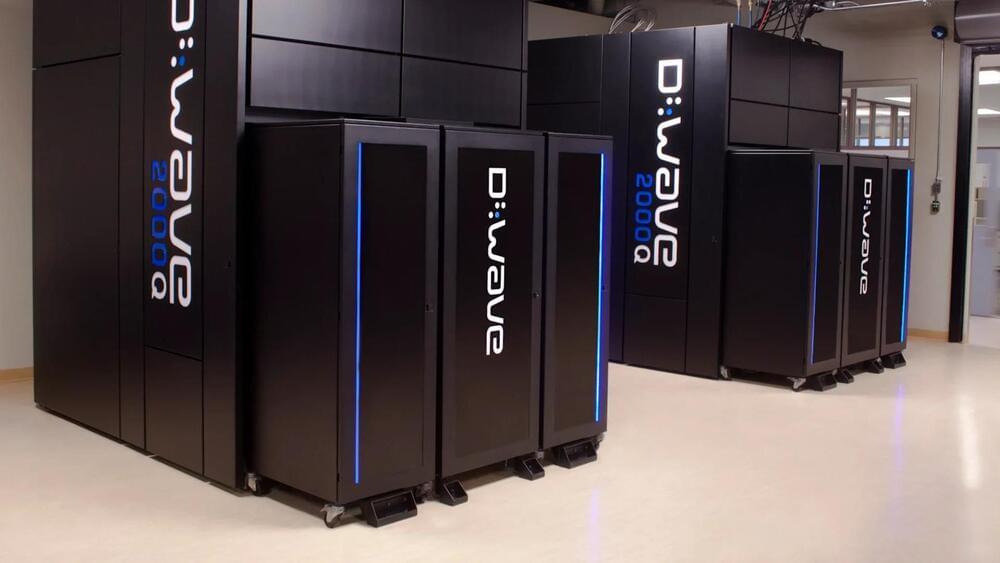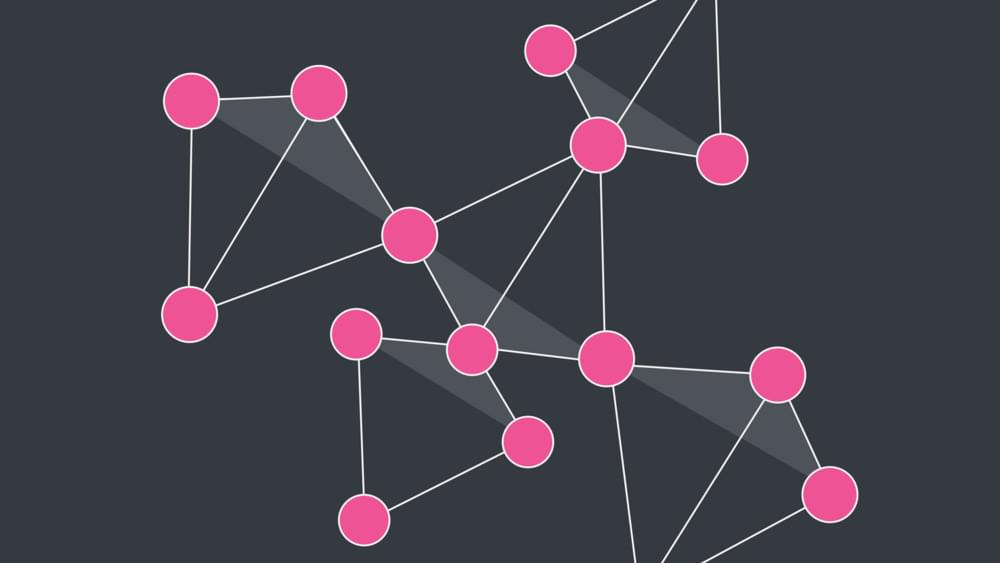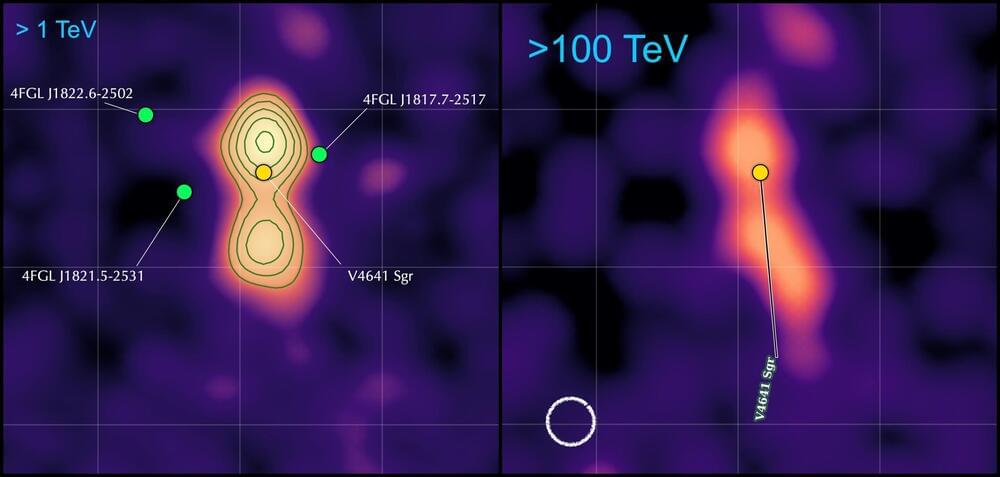SpaceX was awarded an eight-launch, $733 million contract by the U.S. Space Force on Friday, as part of an ongoing program intended to foster competition among launch providers.
The award includes seven launches for the Space Development Agency and one for the National Reconnaissance Office, all anticipated to use Falcon 9s and occur no earlier than 2026.
The massive new contract is part of a U.S. Space Force Space Systems Command (SSC) program with the catchy name of “National Security Space Launch Phase 3 Lane 1.” This third round of contracts was split into two lanes last year: Lane 1, for lower-risk missions and near-Earth orbits; and Lane 2, for heavy-lift missions and the more demanding orbits.
